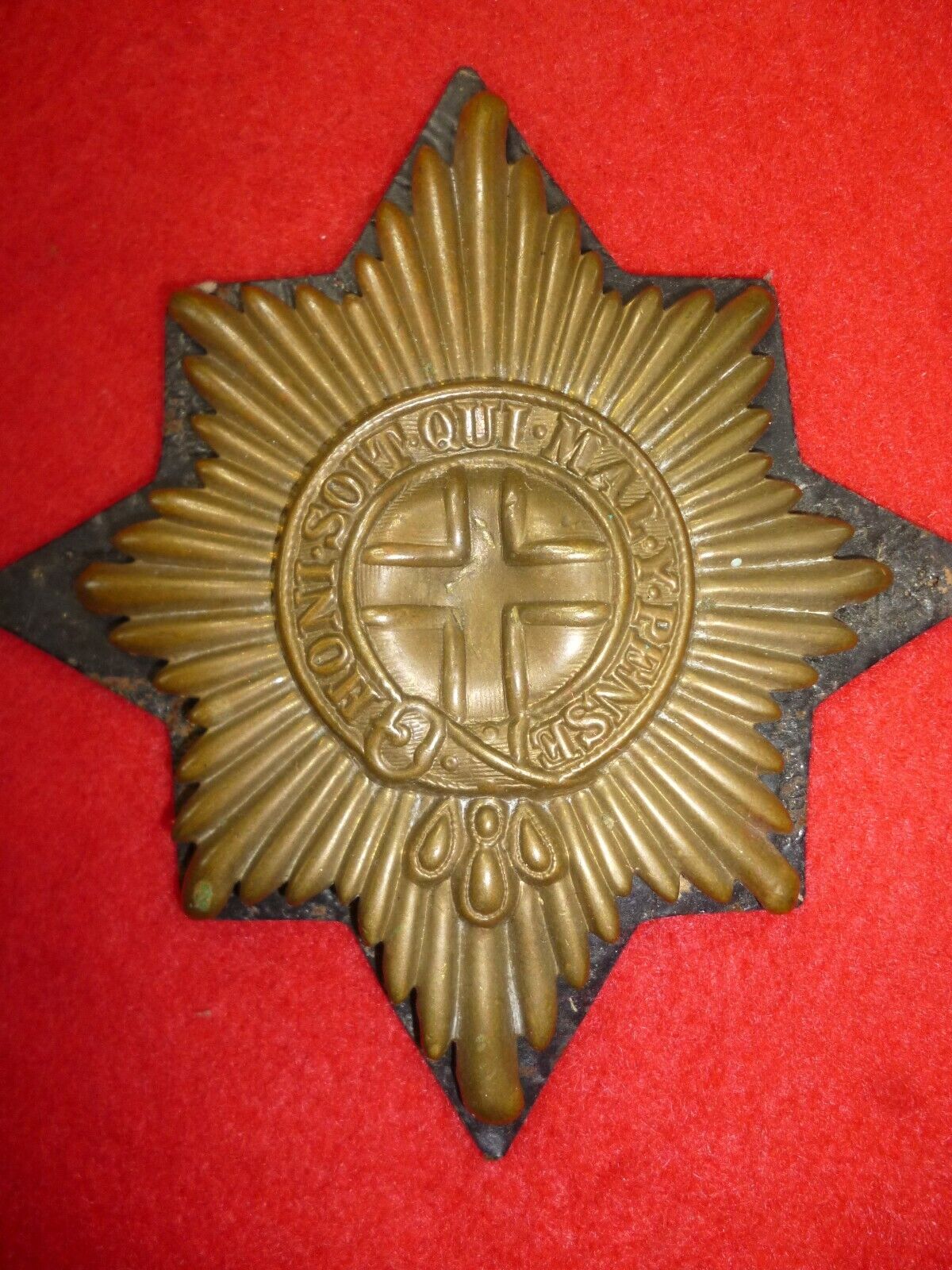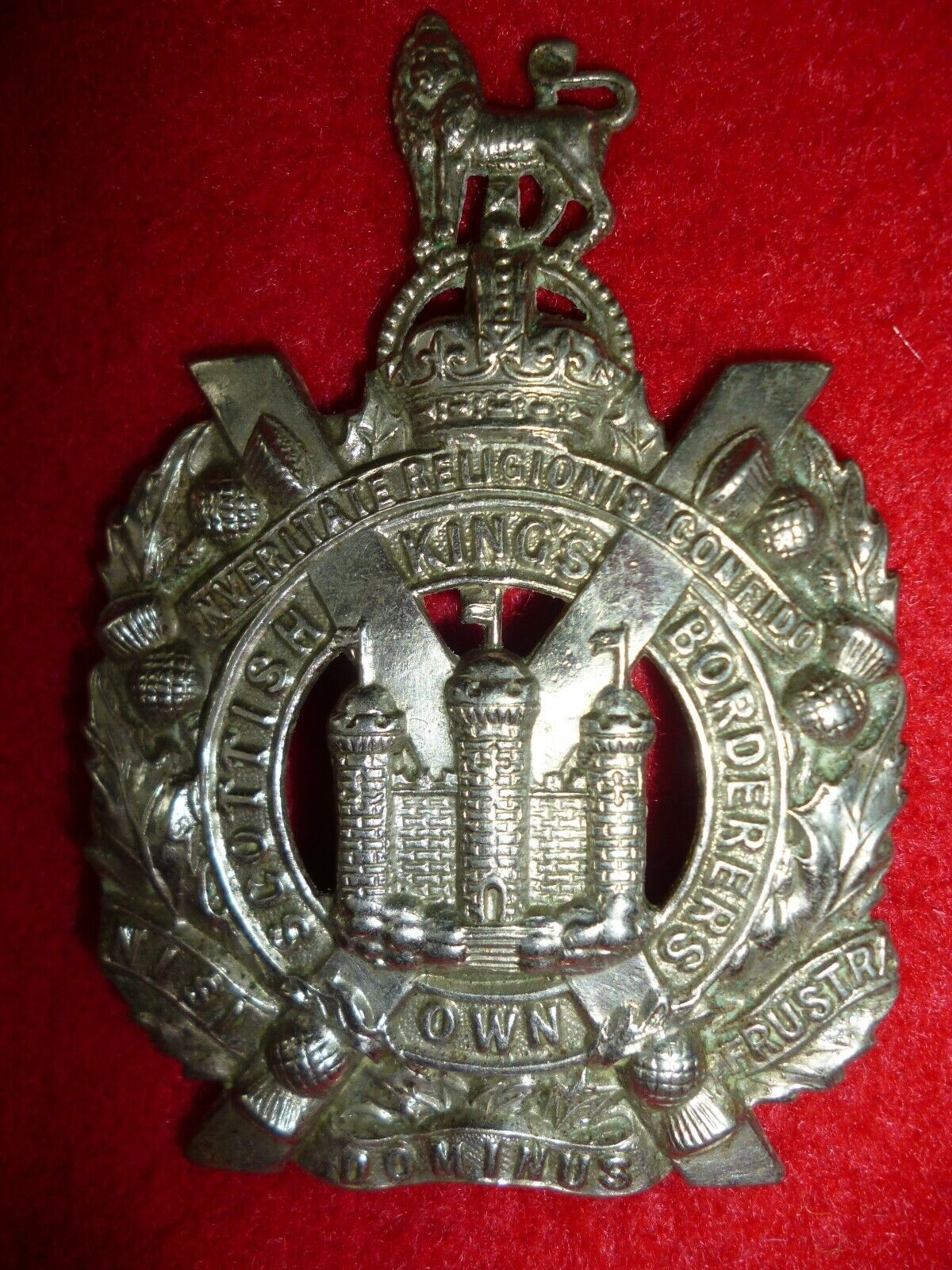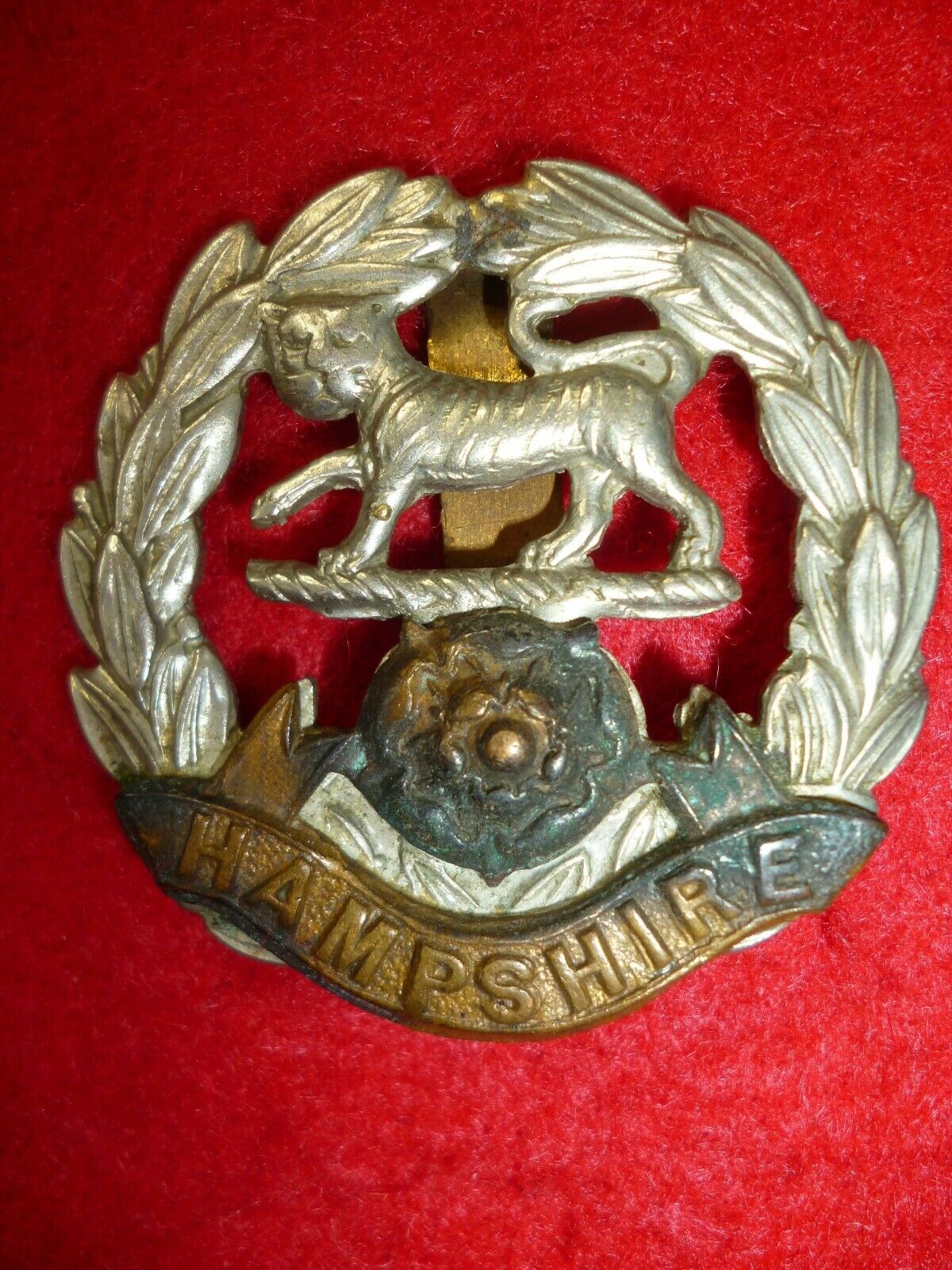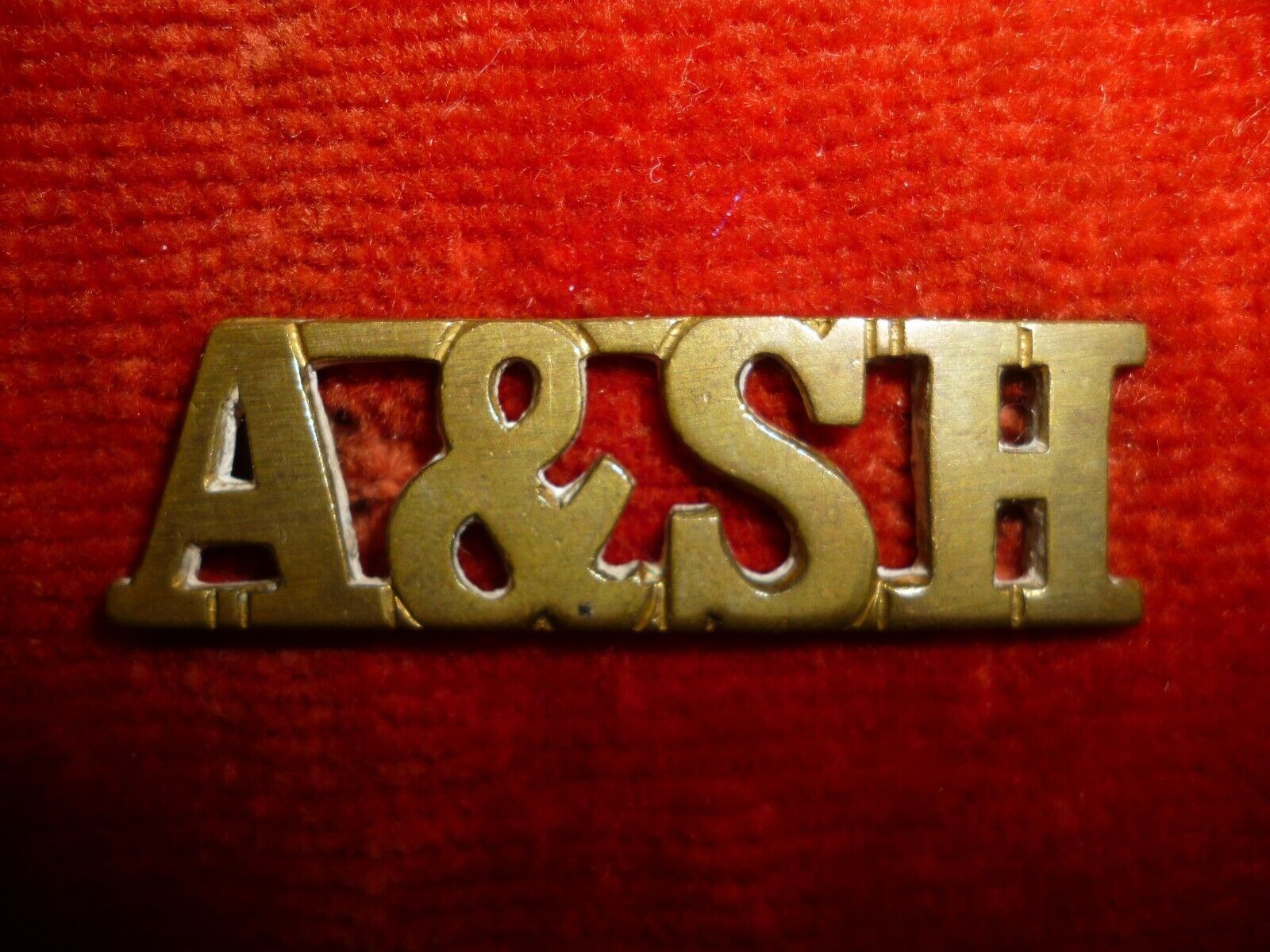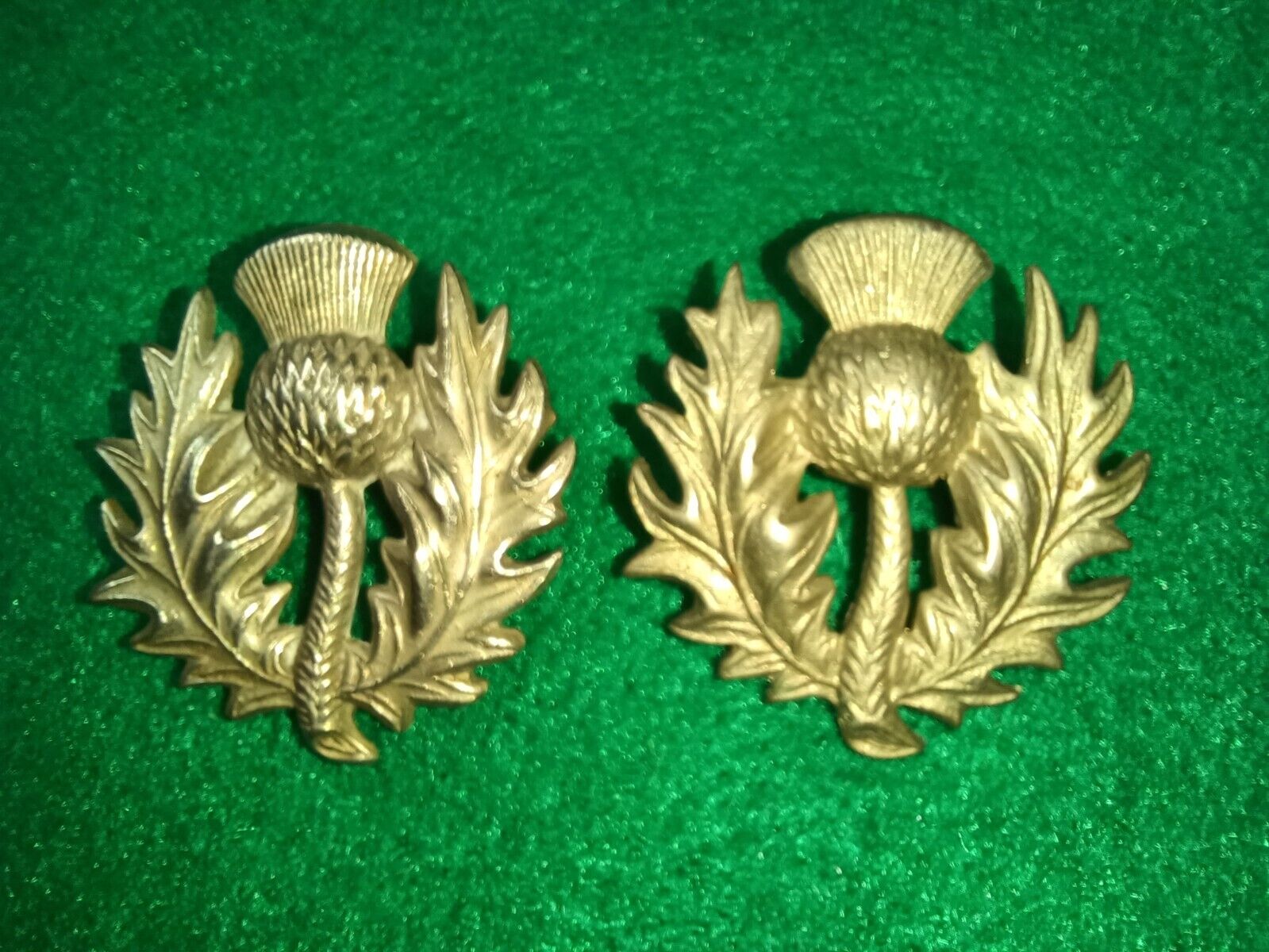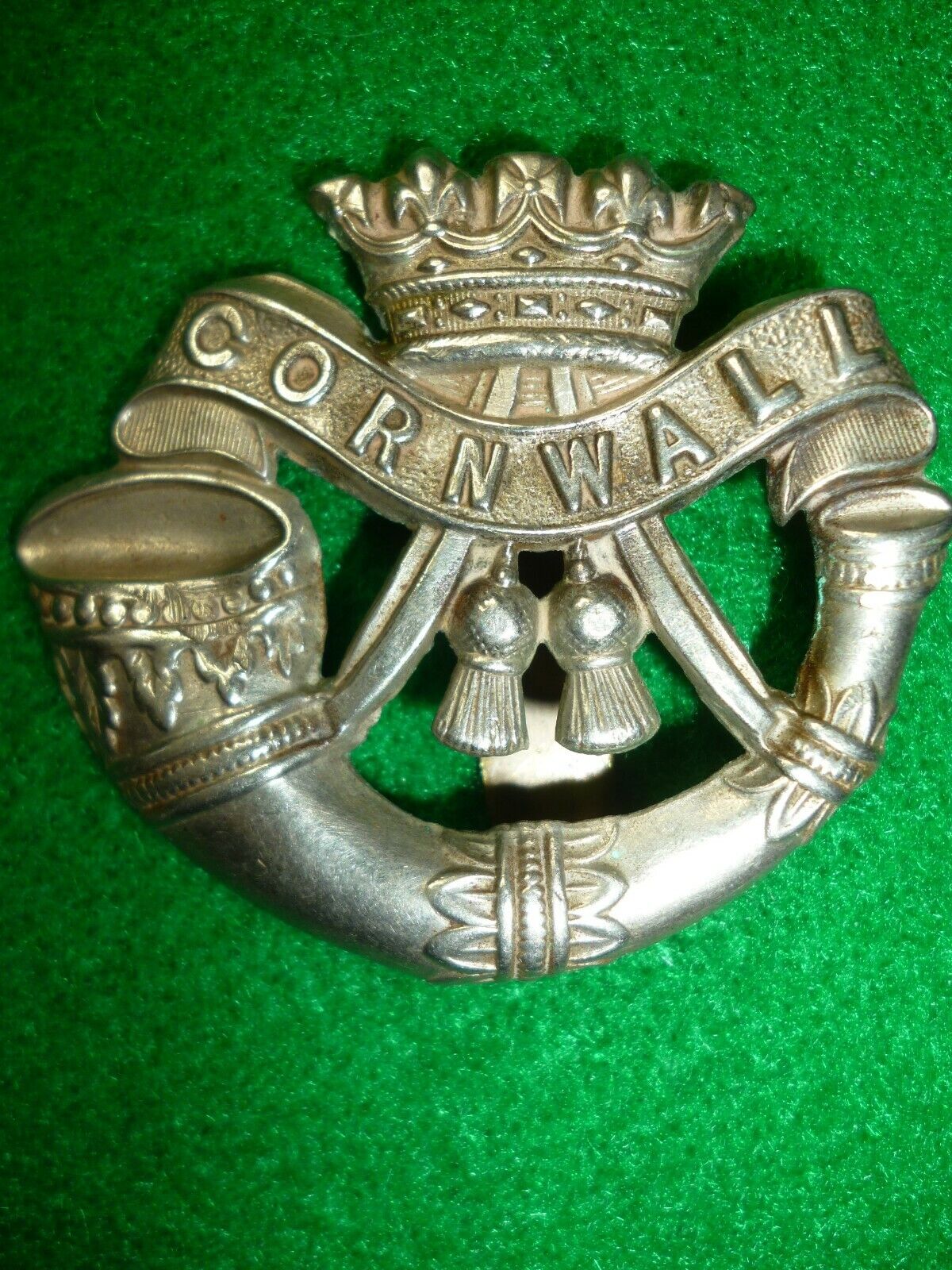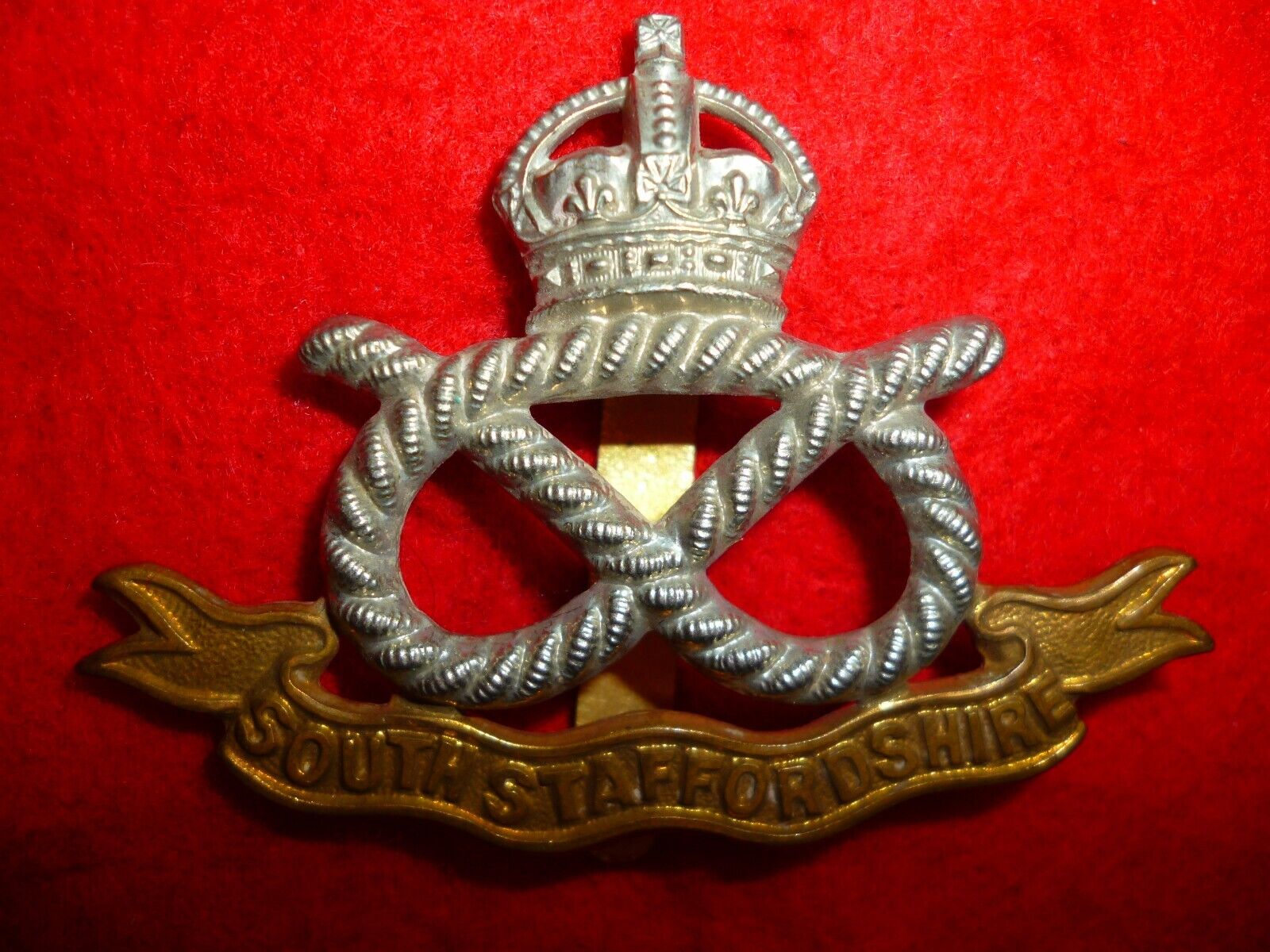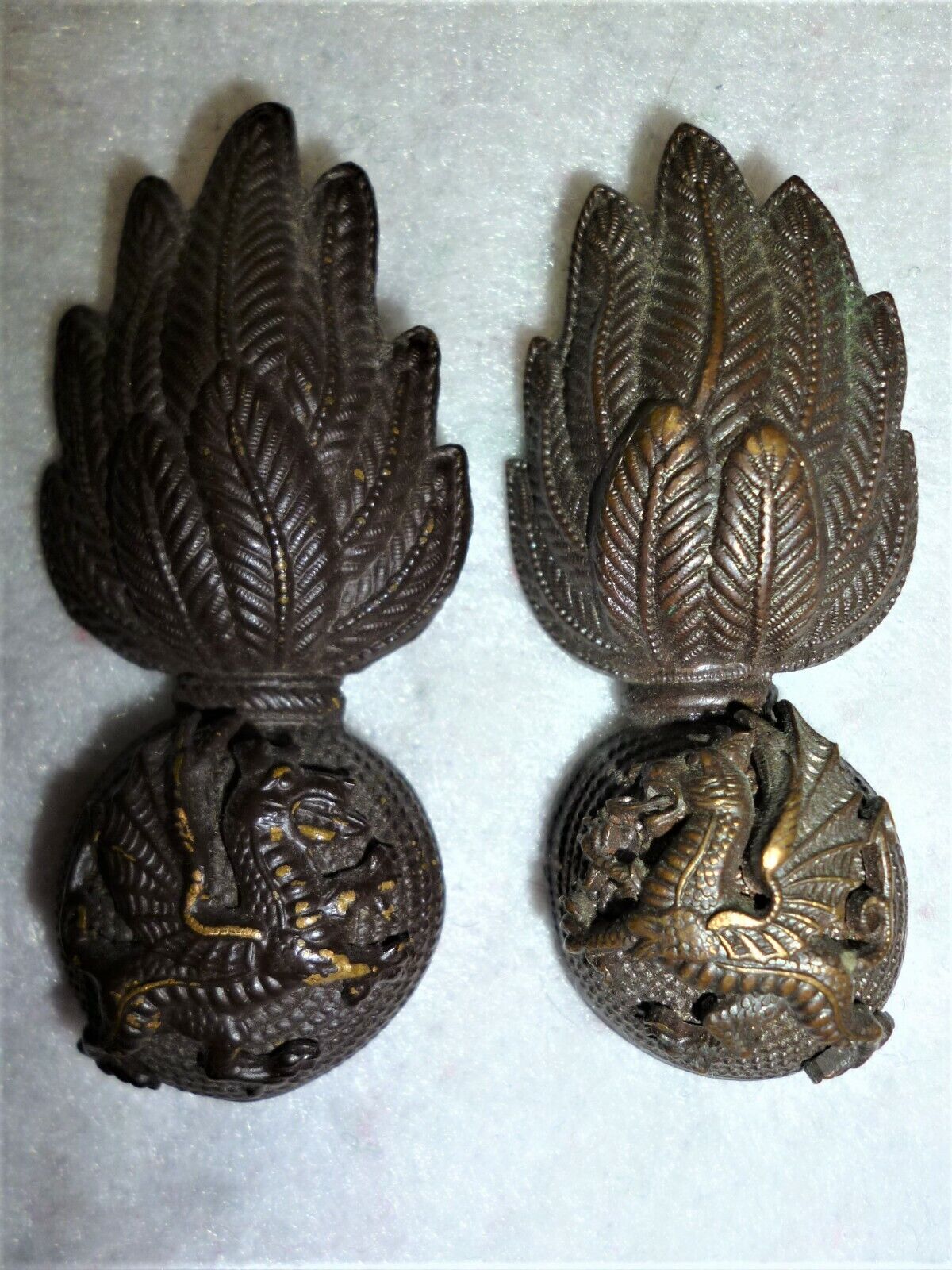-40%
Grenadier Guards Brass Cap Badge, KK 891, (Older Lugged Type, one lug)
$ 4.72
- Description
- Size Guide
Description
The Grenadier Guards Older Cap Badge1 bent lug only remaining,
Guaranteed genuine.
The Grenadier Guards (GREN GDS) is an infantry regiment of the British Army. It is the most senior regiment of the Guards Division and, as such, is the most senior regiment of infantry. It is not, however, the most senior regiment of the Army, this position being attributed to the Life Guards. Although the Coldstream Guards was formed before the Grenadier Guards, the regiment is ranked after the Grenadiers in seniority as, having been a regiment of the New Model Army, the Coldstream served the Crown for four fewer years than the Grenadiers (the Grenadiers having formed as a Royalist regiment in exile in 1656 and the Coldstream having sworn allegiance to the Crown upon the Restoration in 1660). The Grenadier Guards traces its lineage back to 1656, when Lord Wentworth's Regiment was raised in Bruges, in the Spanish Netherlands (current-day Belgium), where it formed a part of exiled King Charles II's bodyguard. A few years later, a similar regiment known as John Russell's Regiment of Guards was formed. In 1665, these two regiments were combined to form the 1st Regiment of Foot Guards, consisting of 24 companies of men. Since then the Grenadier Guards have served ten Kings and four Queens, including currently Queen Elizabeth II. Throughout the 18th century, the regiment took part in a number of campaigns including the War of Spanish Succession, the War of Austrian Succession and the Seven Years' War. At the end of the Napoleonic Wars, the regiment gained the name "Grenadier" in July 1815 following a Royal Proclamation, honouring their part in defeating Grenadiers of the French Imperial Guard at the Battle of Waterloo.



